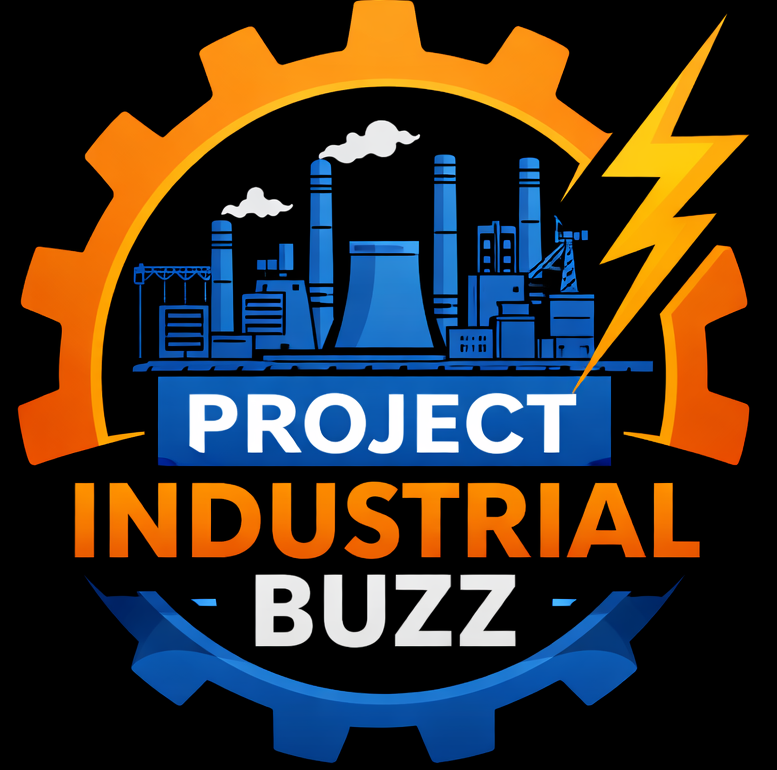Henkel Adhesive Technologies invests $30M to double its Brandon, SD plant, boosting production of thermal materials for electric vehicles & electronics.
BRANDON, South Dakota – In a strategic move to capture growing demand in the electric vehicle (EV) and electronics sectors, Henkel Adhesive Technologies has completed a major expansion of its manufacturing facility in Brandon, South Dakota. The project, involving a $30 million investment, has doubled the size of the site from 35,000 to 70,000 square feet.
The expanded plant will significantly increase the production of advanced thermal management materials under Henkel’s renowned LOCTITE and BERGQUIST brands. These products are critical for managing heat and ensuring the performance and safety of next-generation technologies.
Powering the Electric Future
The Brandon facility’s expansion is centrally focused on supporting the rapidly evolving automotive and electronics industries. The new production lines will manufacture specialty adhesives and thermal interface materials (TIMs) that are essential for:
- Maintaining optimal operating temperatures in high-performance automotive batteries.
- Ensuring the long-term safety, durability, and performance of sensitive electronic components.
- Managing heat dissipation in a wide range of devices, from consumer electronics to advanced EV power systems.
This investment directly addresses the need for reliable, high-volume supply of these critical materials as the global shift to electrification accelerates.
A Coordinated Strategy for North American Innovation
The South Dakota expansion is not an isolated project but part of a broader, coordinated strategy by Henkel to deepen its engagement in the North American market. It aligns with the recent opening of the company’s new North America Battery Application Center in Madison Heights, Michigan.
According to Marcel Fleck, Senior Vice President of Automotive Components at Henkel Adhesive Technologies, this dual approach is key to the company’s mission. “Aligned with our new Battery Application Center in Michigan, we are deepening our collaboration with customers and accelerating innovation in EV and electronics to build a more sustainable future,” Fleck stated.
This setup creates a powerful synergy: the Michigan center focuses on R&D and application engineering, working directly with automakers, while the expanded South Dakota plant scales up the production of the resulting innovations.
Supported by State Partnership
The project was bolstered by support from the State of South Dakota and local economic development organizations. This public-private partnership highlights the state’s commitment to attracting and growing advanced manufacturing operations that create high-skilled jobs and contribute to the local economy.
Frequently Asked Questions (FAQ)
1. What does Henkel Adhesive Technologies do?
Henkel Adhesive Technologies is a leading global manufacturer of adhesives, sealants, and functional coatings for industrial and consumer applications. Its products are used in everything from electronics and cars to packaging.
2. What was the scale of this expansion?
The company doubled the size of its Brandon, South Dakota facility, expanding it from 35,000 square feet to 70,000 square feet.
3. How much was invested in the project?
The total investment was approximately $30 million.
4. What products will the expanded facility focus on?
The primary focus is on thermal management materials under the LOCTITE and BERGQUIST brands. These are advanced materials used to manage heat in electric vehicle batteries and electronic components.
5. Why are thermal management materials important for EVs?
Electric vehicle batteries generate significant heat. Effective thermal management is critical for ensuring battery safety, maximizing performance, prolonging lifespan, and enabling fast charging.
6. How does this relate to the new facility in Michigan?
The new Battery Application Center in Madison Heights, Michigan is a research and customer collaboration hub. The expanded South Dakota plant is the high-volume manufacturing arm that produces the materials developed there, creating an end-to-end innovation and production pipeline.
7. Did the company receive any government support?
Yes, the project received additional support from the State of South Dakota and local economic development organizations, though the specific details of the incentives were not disclosed.
